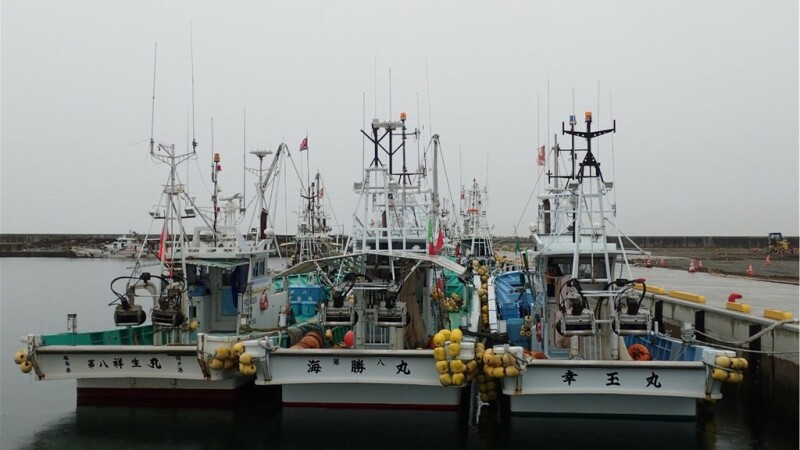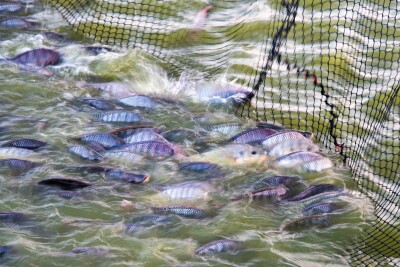A little over 12 years ago, in March 2011, poor planning by the Japanese power company, Tepco, caused a nuclear disaster in the wake of a major tsunami. While the world has moved on, the plant has continued to cool the cores and spent fuel at Fukushima, generating 1.3 million cubic meters – 343.4 million gallons – of contaminated water that Tepco and the Japanese government plan to release into the Pacific.
In a report early this month the International Atomic Energy Agency (IAEA) is giving Tepco a green light to start dumping the water into the ocean. While an IAEA task force, including US and Canadian scientists, has assured the world that the water is safe, the Kyodo News reports that fisheries cooperatives in Fukushima and two neighboring prefectures plan submit a petition to the central government and Tepco, with 33,000 signatures in opposition to the release of the tainted water.
Though the water has been treated, it still contains two radioactive isotopes, tritium and carbon 14, which cannot be separated from water, and fishermen are far from convinced that it is safe. “I'm extremely worried as I don't know to what extent the release of the treated water will affect my work and livelihood,” said Eitatsu Kikuchi, a fisherman in Fukushima Prefecture, quoted in the Kyodo News.
Another news source, Quartz, reports that “locally, fishing communities, which have been disgruntled about not being consulted on the wastewater plans, are firmly opposed to an ocean release. However well treated, they fear, the irradiated water may contaminate their catch—and even if it doesn’t, public fears around tainted seafood will damage their livelihoods.”
“We cannot support the government’s stance that an ocean release is the only solution,” said Masanobu Sakamoto, president of Japan’s National Federation of Fisheries Cooperatives.
The Japanese Government and Tepco plan to release 22 trillion becquerels of tritium per year into the ocean. They contend that plants like Canada’s Darlington Nuclear Generating Station on Lake Ontario release ten times that amount every year, and that their plan will not have any negative impacts on fisheries.







